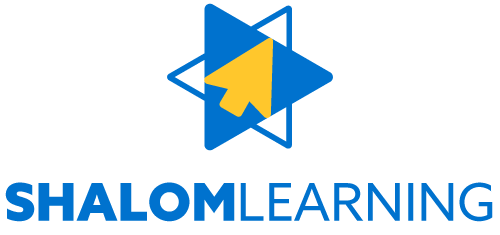ShalomLearning Welcomes Lillian Rountree as Executive Director
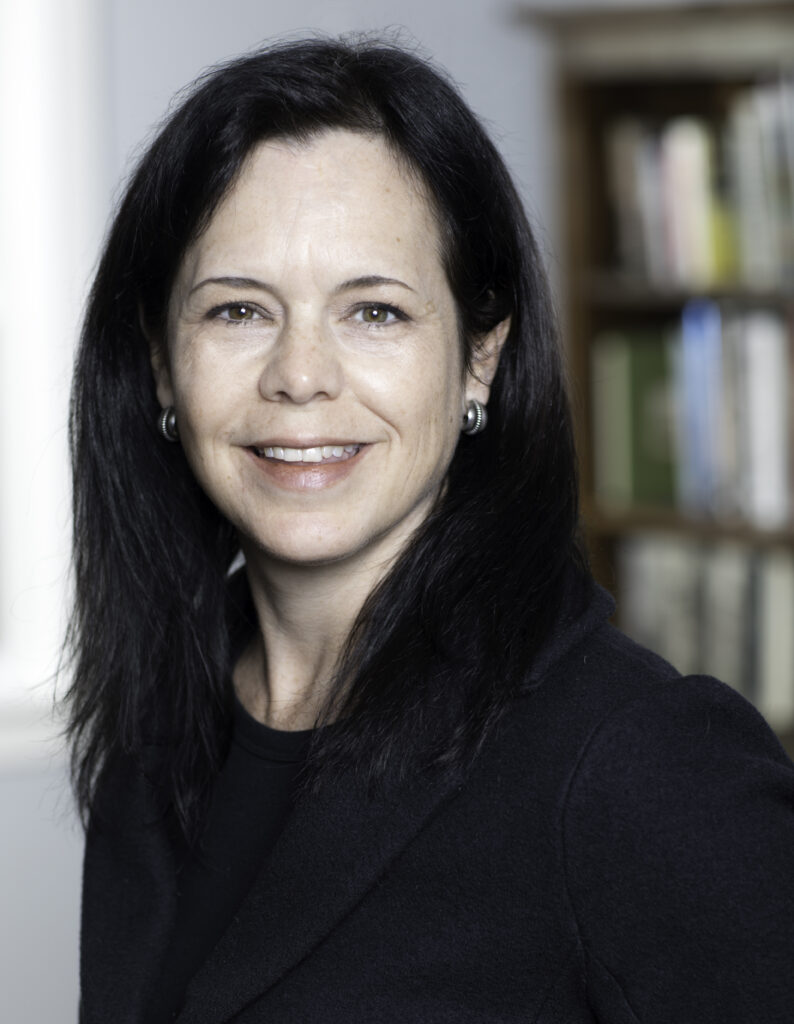
ShalomLearning welcomes our new Executive Director, Lillian Rountree.
How ShalomLearning Uses Schoology to Boost Student Success

In today’s educational landscape, assessments and feedback are more than just tools to measure knowledge—they’re essential components of meaningful learning. When used well, they help students reflect, grow, and succeed. For educators, they offer insight into student progress and the opportunity to refine instruction in real time. At ShalomLearning, our educators benefit from access to […]
Embracing Technology in Jewish Education: A Synergistic Approach

In the evolving landscape of Jewish education, integrating technology has become essential to engage today’s learners effectively. ShalomLearning, a non-profit organization, exemplifies this integration by providing innovative, flexible, and comprehensive programs that resonate with modern educational needs. In a recent episode of the “Adapting: The Future of Jewish Education” podcast, host David Bryfman converses with […]
Beyond the Classroom: How ShalomLearning Builds Jewish Community in a Digital World

Jewish education isn’t just about learning traditions—it’s about feeling part of a community. But for many families, access to a local Jewish learning environment isn’t always possible. That’s where ShalomLearning steps in, creating an engaging and interactive space where students connect with Jewish values and each other, no matter where they are. “I was worried […]
Celebrating Women’s History Month Through the Story of Purim and the Power of Jewish Learning

March is a time to reflect on the contributions of remarkable women throughout history. It is also the month when we celebrate Purim, a holiday that centers around the courage and leadership of Queen Esther. At ShalomLearning, we recognize that education is a powerful tool in shaping future generations, and the story of Purim provides […]
Devin Schain: A Washingtonian Making a Difference in Jewish Education
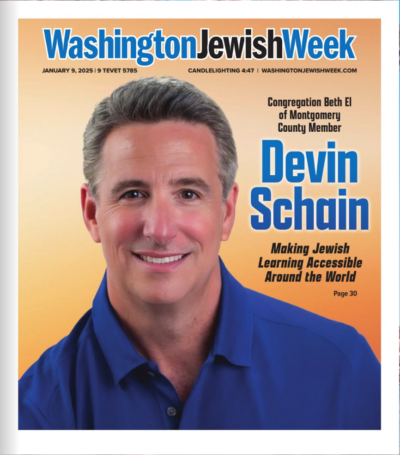
ShalomLearning is honored to have been featured in the Washington Jewish Week, highlighting his work as an entrepreneur, adjunct professor, philanthropist, marathon runner, and proud father. The article focused on his passion for Jewish education and his non-profit organization, ShalomLearning. ShalomLearning was inspired by Devin’s children’s busy schedules and the need for more flexibility in […]
ShalomLearning Co-Founder and Family Run DC Marine Corps Marathon to Raise Awareness of Antisemitism

‘I Never Felt Prouder to Be a Jew’: IDF Veteran Finishes DC Marine Corps Marathon By Zoe Bell -November 6, 2024 Mendel Vile, left, a 21-year-old IDF veteran, ran the Marine Corps Marathon on Oct. 27 with a Bethesda family. Courtesy of Devin Schain “Is this it? Is my time over?” That’s what then-20-year-old Mendel Vile […]
What’s New for the 2024-2025 ShalomLearning School Year
ShalomLearning is always seeking new and innovative ways to enhance our curriculum and empower Jewish educators to engage with students. Here are some of the exciting updates we have made for 2024-2035. Enhanced Technology We’ve streamlined Schoology, our learning management system, to simplify how you access learning materials. Here’s a quick video to show how […]
Bringing Jewish Education to Military Families Across the World

ShalomLearning’s unique educational model can support isolated Jewish families on military bases across the world through homeschooling and community classes.
New ShalomLearning Logo and Website Launch
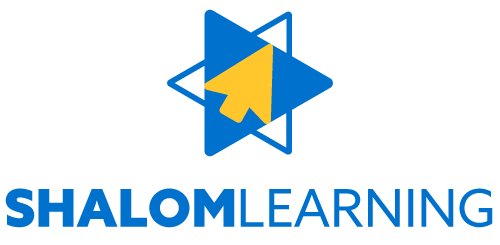
We are excited to announce the launch of our new logo and website that demonstrates who we are as a company.
